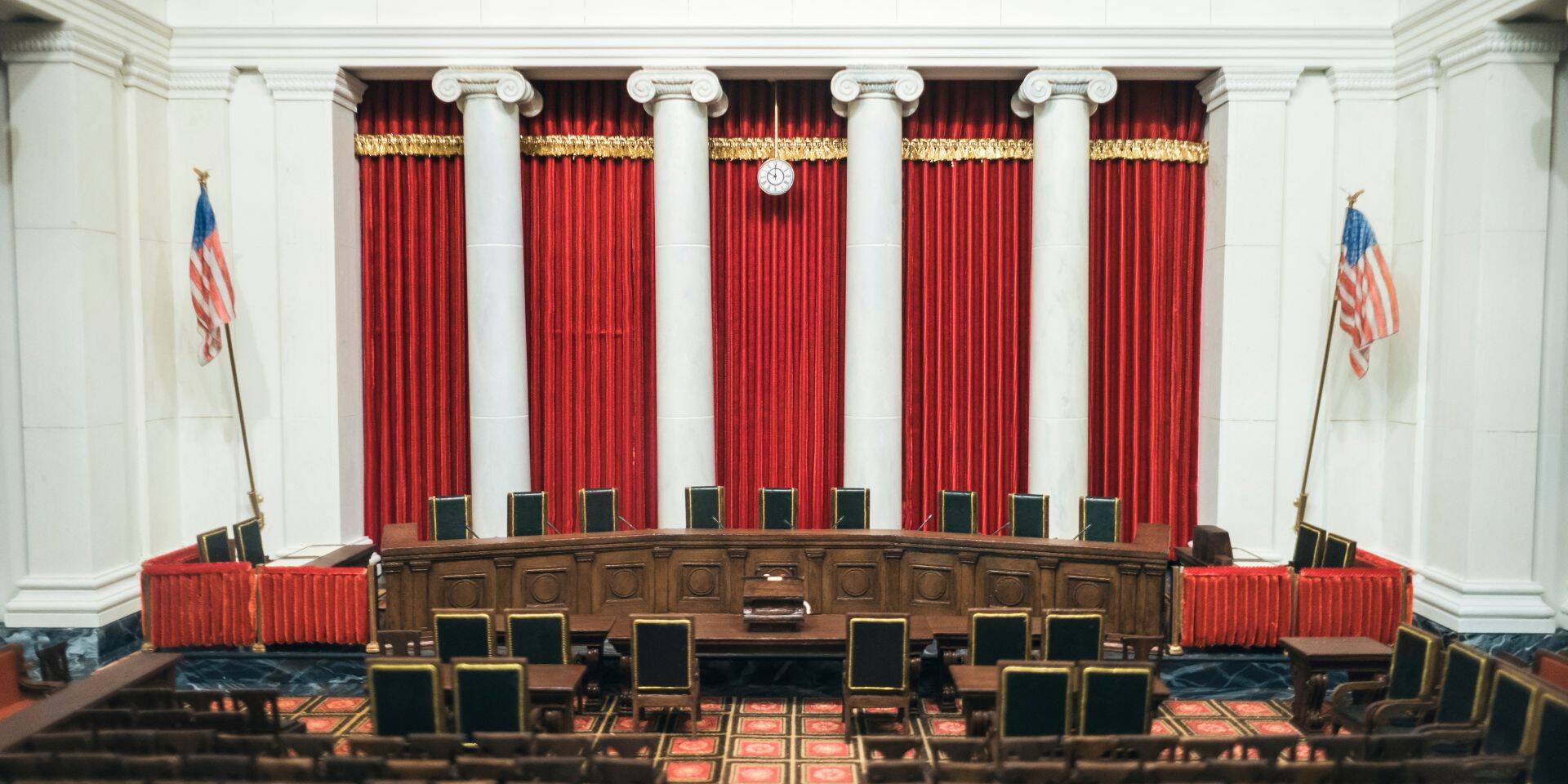A bill giving immigration officials the option to approve residency or stop the deportation of children or spouses of U.S. citizens has moved forward. The House Judiciary Committee passed the American Families United Act, H.R. 2920, which gives immigration officials more discretion on matters where undocumented immigrants are children or spouses of U.S. citizens. Supporters of the effort say the immigration reform bill will limit the hardship U.S. citizen families face due to the separation of their undocumented family members. Other elements of immigration reform are also included. Notably, immigrant veteran support, increases in budget, and additional availability of certain visas are included.
Per the bill, the attorney general receives discretion on a case-by-case basis. Among the options are giving permission to reapply for U.S. admission, waiving inadmissibility grounds, and ending removal orders. The option would be available if separation causes hardship for the relative U.S. citizen. The U.S. Department of Homeland Security (DHS) secretary would be granted similar discretion options.
The bill does not give anyone the option to grant amnesty. Similarly, there is no benefit to the undocumented family member if they are already in the United States. The focus of the bill is to give these undocumented individuals their day in court to argue their case. Again, this is focused on those situations where the removal of the undocumented family member would cause hardship to a U.S. citizen. Approximately 1.7 million Americans are married to undocumented individuals. Over half of those couples have been married for 10 years or longer.
The bill did not receive support from Republican members of the House Judiciary Committee. The future of the bill is, like many others, decidedly uncertain. The committee voted to send the bill to the full House of Representatives for a full vote. The timing is uncertain. The August recess begins at the end of the day on July 29, 2022. The House returns in mid-September.
Included in the bill is the Veteran Service Recognition Act. That effort aims to protect individuals who have served in the U.S. military, giving them the option to file for naturalization during basic training, and providing an advisory committee to manage cases of noncitizen veterans who have been deported to reapply for U.S. legal status.
During the fiscal 2023 appropriations bill discussions for DHS, provisions to reunite families, discourage unofficial migration, provide for employer staffing needs, and generally bring immigration policy up to date were noted by Democrats. Increases in the number of visas are one of the recommendations. The outlook continues to be uncertain on several immigration policy update efforts.
The immigration reform bill proposes doubling the U.S. Citizenship and Immigration Services (USCIS) annual funding budget to $816 million. Additional funding is suggested to improve inspections, provide greater access to attorneys, and protect individuals coming into U.S. Immigration and Customs Enforcement (ICE) detention facilities.
If you have questions about your immigration-related matter, contact us at ILSBG. We continue to actively monitor all proposed policy updates to ensure our clients get the right advice based on the latest developments.
Related Posts
April 10, 2025
House of Representatives Passes Bill Limiting Nationwide Court Injunctions
The House passed a bill to restrict…
April 10, 2025
Trump Admin Revokes Legal Status for CBP One App Users
The DHS is terminating the parole…



